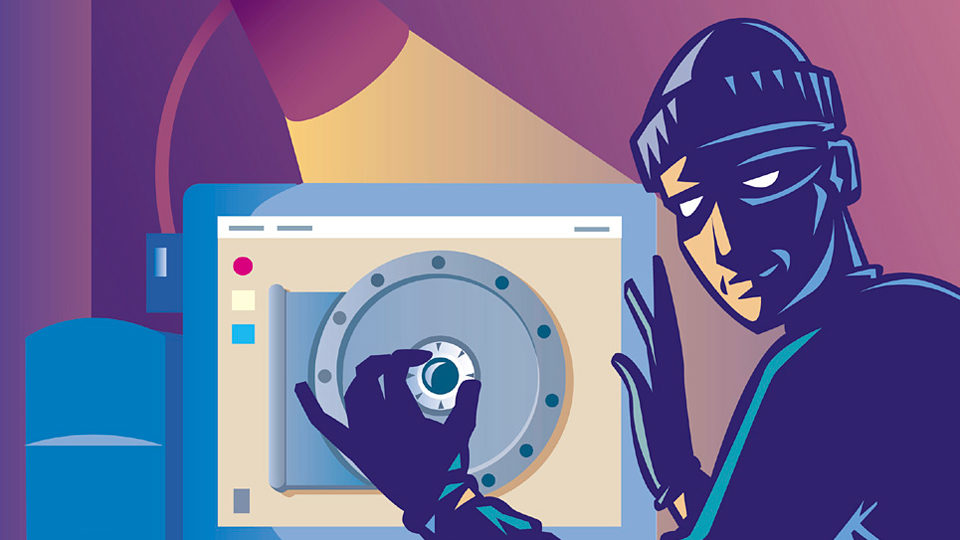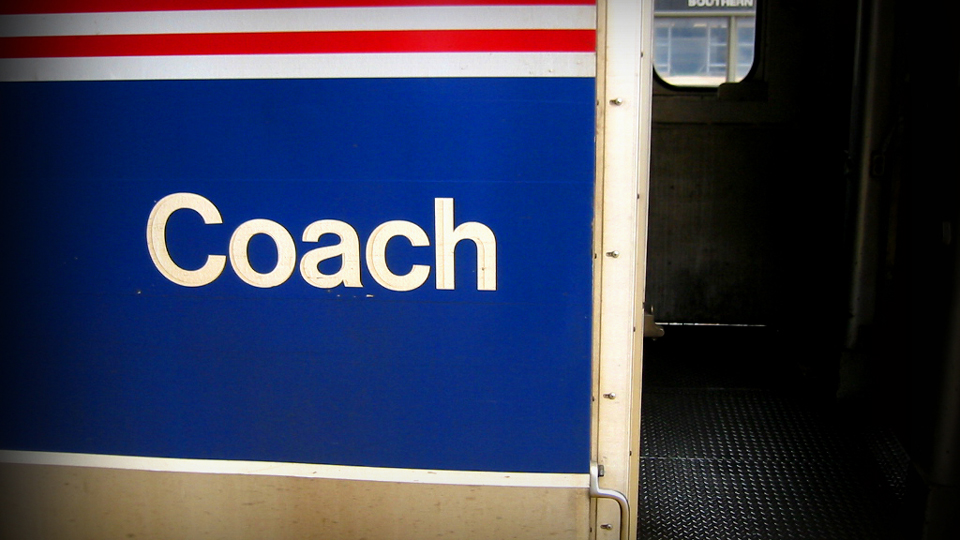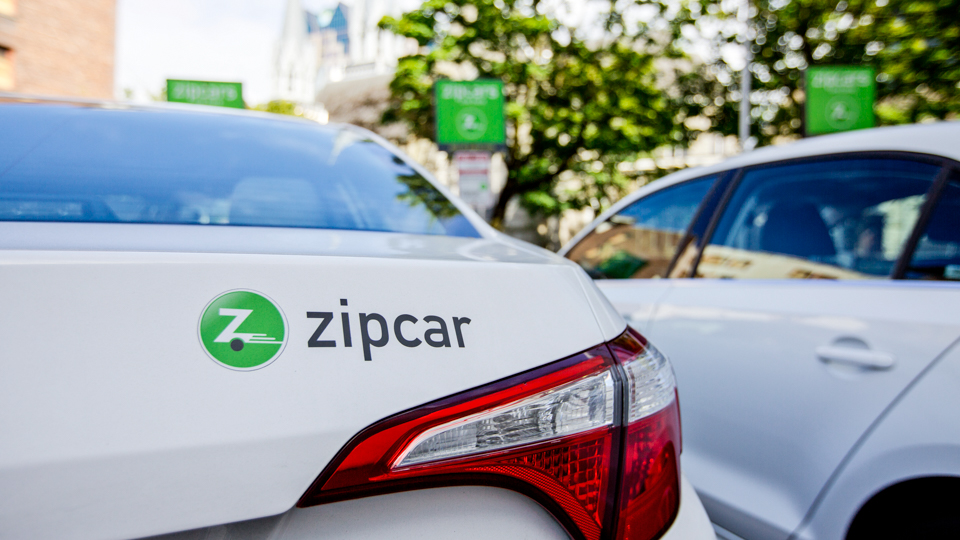
Is the likelihood of getting a hotel room robbed higher than being robbed on the street? Unfortunately, no one really knows.
Hotel robberies may be the last thing that anyone talks about, until it happens. Hotels are interesting businesses: They cater to an ever-revolving door of customers, many of which never return. Save for the odd flight attendant or consultant, the staff is unlikely to see the customer again, which makes it hard to figure out a hotel's track record.
Because of the nature of the business, hotels are able to catch travelers where they are often most vulnerable, and generally privy to their customer's movements.
Even though theft happens at Airbnbs and hostels, there seems to be a higher incidence (anecdotally, at least) of hotel robberies, most likely due to the fact that the victim is more likely to be isolated, and therefore, more of a target.
Every time I've been a victim of crime—which has only occurred twice over a decade and close to a million miles of traveling—it has occurred at a hotel. Once, it happened in the dead of night, while sleeping in the room, and, again, apparently, after checkout where certain belongings "were never found."
It begs the question: How paranoid is too paranoid? How big of a problem is this?
The Economist and USA Today notes that no one truly knows. These newspapers flatly state, "The fact is nobody knows how much crime is committed in hotels versus elsewhere." Police don't keep statistics on that, and no hotel companies responded to... requests for crime data.
The New York Post notes this phenomenon is becoming more prevalent across the N.Y. metro area:
In 2017, there were 2,656 hotel crimes reported citywide, compared to 2,223 in 2015, a 19.5% increase... Hotel crime has been on the rise since 2011, when there were 1,826 incidents, 45.5% less than 2017....
One possible explanation is that the total number of hotel rooms citywide increased by 29 percent to 119,824 from April 2010 to April of this year, according to hotel data specialist STR.
I mean, what would be interesting, is if there was a similar percentage in the rate of crime against the rate of expansion of hotel rooms in the same time period. Though, gauging for the data above, it seems like hotel crime has outpaced the rate of hotel expansion.
This is one of those things where an ounce of prevention will save more headaches down the line, but often is a measure people don't take until things go south.
Read hotel reviews closely.

Read closely. (sagesolar / Flickr)
Ever since the first time it happened, it's important to review those reviews carefully. Chances are, if there's been an incident of theft, it's been reported before and has a history, which proved to be the case.
Most hotel booking sites offer a review page where it's possible to search for a specific term. Suggested search terms to look for include "stolen," "theft," and "robbed" to find any flagged reviews.1 (Though these days, TripAdvisor allows properties to censor their reviews, so who knows.)
If there's even a hint, or a whiff of potential haberdashery, it's a place to be avoided at all costs.
Create a crime deterrent.
Hotel robberies by property managers are as common as the maid coming in to snatch things. These are usually perpetrated by a hotel employee. Anecdotally, why is it always the hotel night time manager that ends up quitting the next day?
There is always a spot in my bag for a magnetic door alarm that I once picked up at the dollar store (rather similar to this doorstop alarm). It is cheap, loud, and immediately alerts everyone within a reasonable vicinity that something not kosher is happening. A loud sound can easily deter petty thieves, but it won't stop a determined one.
That's because a determined one will get in no matter what precautions are taken.
Carry all valuable belongings, or put them out of sight.
This should be a common sense thing, but then again, it is surprising how uncommon common sense it is.
Camera gear and lots of tech gear is one of the first things that get flagged. It's also one of the things I'll make sure is on the body, even if say, I don't need all $5k worth of equipment that day. It's not uncommon for professional photographers—especially those that are carrying two to three times that amount in gear—to haul things around in the name of safety.
Obviously, other things, like expensive or rare jewelry can be mitigated by tucking them out of sight, or by placing in a more secure compartment in the bag.
Utilize the safe.
This can be a hit or miss solution; it might be the first thing would-be thieves would target, though it might be the most protective. On the flip side, it can also make it easier to forget things because they aren't visible. One of our favorite tips to prevent the latter is to stash a pair of shoes in the safe, which might have been helpful in our case.




